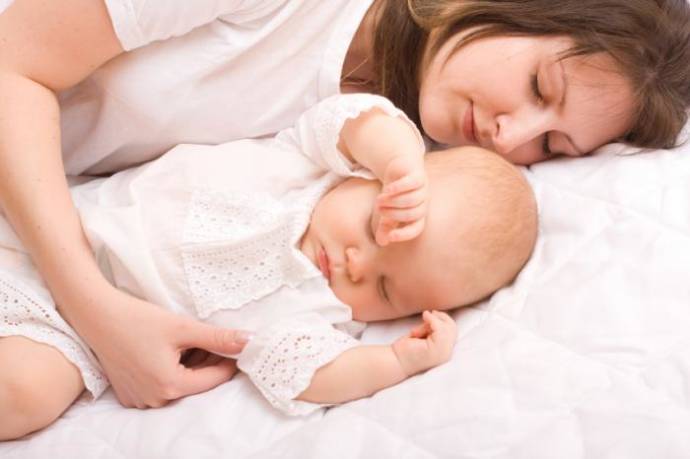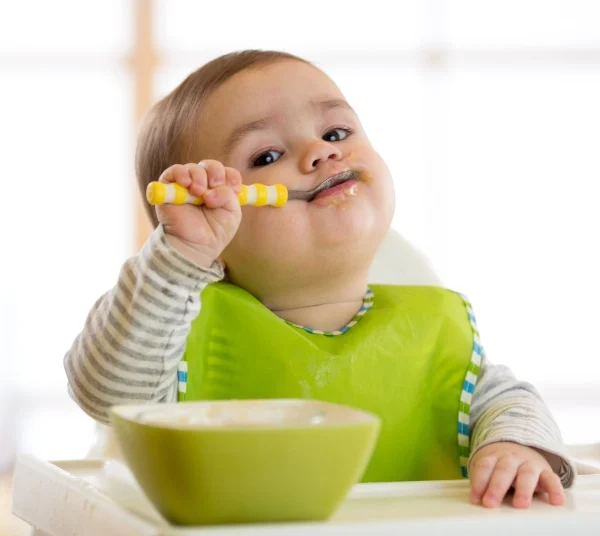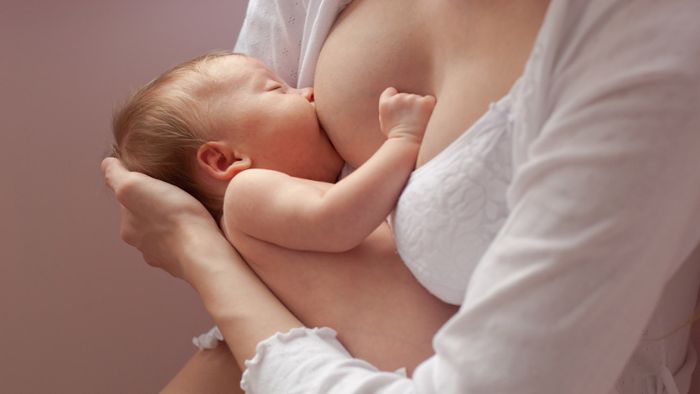Fever is more common in babies than adults and it also often has different effects and reasons compared to that of adults. You should not deal fever in a baby just the way you treat it in an adult or even in a child over 3 years of age. If you have a baby or there is a baby in your home, it is best that you are aware about these 7 things about fever in babies to ensure that you do not panic without reason and is able to provide the proper treatment to the baby as required.
Rectal temperature of 100.4 degree Fahrenheit or more in babies should be considered as fever
When it comes to babies, we should not measure them according to the standards of adults. Often the body of babies is warmer than that of adults and hence if your baby’s rectal temperature is lower than 100.4 degree Fahrenheit, even if you feel that his body is warmer, he is not actually running a fever. A baby can be considered as having fever only when he or she has a rectal temperature of 100.4 degree Fahrenheit or more.
Rectal temperature is the only accurate measure
The other point to consider here is that when it comes to babies, forehead or underarm temperature should not be considered as the final mark to determine a fever. The body of babies within 3 years of age often feels much warmer than the adults or even children. So, if you suspect that your baby is running a fever opt to take the rectal temperature with a proper rectal temperature measurement thermometer designed for babies and then only decide your next action. Otherwise, there is no reason to worry or panic if you just feel that the body of your baby is warmer than yours.
Know the difference between a bacterial and a viral fever
Often we use the terms bacterial fever and viral fever interchangeably without knowing the difference between the two but actually there is a lot of difference when it comes to the cause of the fever as well as the risks involved.
A viral fever is caused when your baby contracts a common infection like flu, common cough and cold or intestinal infections. In such cases the fever demarks that the immunity of the baby is working to fight off the viruses on its own and generally the fever goes off in 3 days or even in lesser time. Your baby really needs not to be treated with antibiotics if he or she is running a viral infection because antibiotics will not have an effect on the viruses.
On the other hand, bacterial fever is caused when your baby is suffering from an ear infection, urinary tract infection, bacterial pneumonia or some other infections caused by bacteria. Bacterial infections are much less common than viral infections and they are often much serious than viral infections. Fever in babies caused due to bacterial infections need to be treated immediately with proper medications and care.
However, in babies it is often difficult to diagnose if a fever has been caused by a bacteria or virus.
Know when you need to call the doctor
For babies younger than 3 months, a rectal temperature of 100.4 degree Fahrenheit or more should be reported immediately. For babies of this age group fever is urgent and needs immediate medical attention. However, there is really nothing to panic, it might be nothing more than a common flu but it is important that you get him to the doctor immediately without delay.
For babies younger than 2 years but older than 3 months a fever lasting for more than 24 hours should be reported. Particularly if you see there is a drop in the physical activity level of the child, and there is no improvement within a day, you should opt for medical attention.
For babies older than 2 years, if the fever seems not to subside on its own in three days, get him to the doctor immediately because viral fever will start to subside automatically in three days; if it does not then there is a higher chance that the fever is caused due to a bacterial infection which needs to be treated quickly.
Medication is not the only way to bring down fever in babies
It is important that you use medications judiciously when it comes to babies. Bombarding their nascent system with medications frequently is certainly not a healthy option. So, if your baby is running a rectal temperature equal to or above 100.4 degree Fahrenheit first try to bring down the temperature with a sponge bath. Placing a wet washcloth on the baby’s forehead and changing it frequently can also be very effective to bring down the temperature quickly. So, before you give him or her some medicine, check out if these simple home treatments can help.
Also do not give your baby any medications that have not been prescribed to him or her by his doctor particularly for fever. Often, a child specialist will suggest you to give your baby a particular medication in a particular dose only if the temperature crosses a limit and wash cloth treatment or sponge bath has no long term effect on the fever. So, follow the suggestions of the doctor and do not give your baby medication only because he or she has a rectal temperature of over 100.4 degree Fahrenheit, unless it has been mentioned by the doctor.
Fever is a symptom of good immunity
If your baby is suffering from fever frequently, unless the doctor has mentioned otherwise, there is actually nothing to worry. Fever is a symptom that indicates that the immunity of the baby is working fine. When a pathogen (bacterial or viral) invades the body, the immunity system creates antibodies to fight the infection. Fever is a healthy immune response of the body against the antigen and hence if your baby is having low fever once in two months or so, that seems to ease on its own within a day or two, there is actually nothing much to worry. It is a healthy response of the immunity system of your baby’s body.
Focus on the symptom not on the number
When it comes to babies, you will see that some babies might function and look just fine even when the rectal temperature is over 101 degrees. Whereas, in some babies you will note a steep fall in their function and activities even at a temperature of 100.4 degrees. When it comes to babies you really need not to panic about how high the fever is, rather what you need to consider is the symptom. If your baby ceases his normal function or feels weak even when the temperature is just 100.4 degrees, he might need serious attention. On the other hand, if your baby is playing, joyful and looks energetic even when his body temperature is high, there is actually nothing to worry about.





